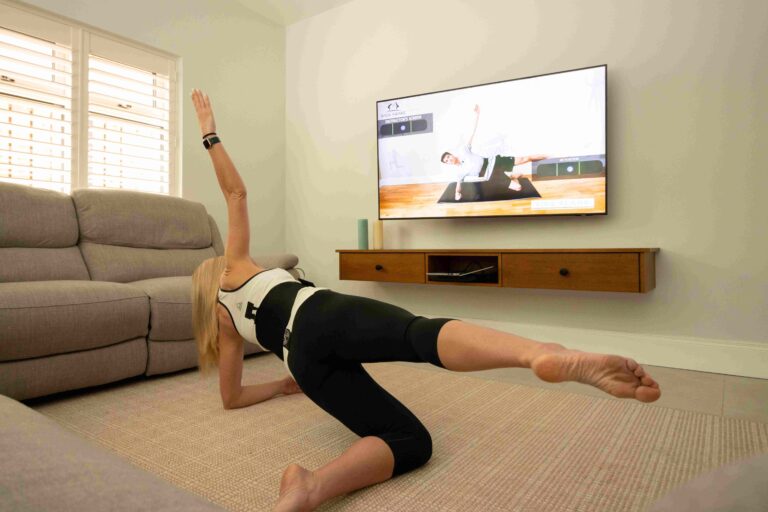
How Much Exercise Do I Need? Uncovering the Surprising Benefits of Working Out
Do you want to know how much exercise you need to stay healthy and fit? This article explores..
Do you want to know how much exercise you need to stay healthy and fit? This article explores the various factors that influence the amount of physical activity required to maintain optimal health. We’ll also discuss the types of exercise that can help you reach your goals.
How Much Exercise Do I Need?
Exercise is an important part of any healthy lifestyle. Generally, adults should aim for at least 150 minutes of moderate-intensity exercise per week, such as walking, jogging, or biking. Additionally, adults should also incorporate strength training exercises into their routine at least twice a week.
The amount of exercise you need will depend on your age, lifestyle, and health goals. It is important to consult a physician before starting any exercise program.
Exercise Recommendations
For Adults
Include strength training exercises twice a week and aim for 150 minutes of moderate-intensity activity per week. This is a fantastic method to keep active and enjoy all the advantages of consistent exercise.
For Children
It is advised that they seek to engage in moderate-intensity exercise for at least 60 minutes each day and integrate strength training at least three times each week. This is a crucial strategy for ensuring that kids stay active and healthy, and it can encourage them to form lifelong exercise habits.
Individual Needs
Both adults and children can greatly benefit from exercise, but it’s vital to keep in mind that everyone has different demands. Finding the ideal workout programme for your specific requirements might be made easier by consulting with a knowledgeable expert. It’s also crucial to pay attention to your body’s needs and take pauses when necessary. Exercise can be a terrific method to maintain good health and enjoy all of its numerous advantages with the appropriate strategy.
Types of Exercise
Cardio
Your heart rate can be raised and your body can be kept in condition with cardio activity. Exercises like biking, walking, and jogging can all help you lose weight, increase your endurance, and generally enhance your health.
Strength Training
On the other side, strength training focuses on gaining muscle and boosting power. Pilates, resistance training, and weightlifting are all fantastic exercises for gaining strength and muscle.
Both types of exercise have their own benefits, and it’s important to find a balance between the two in order to get the most out of your workouts.
Tips for Getting Started
Set Realistic Goals
It can be intimidating to start exercising, but it doesn’t have to be! Be honest with yourself about what you can accomplish in a specific amount of time. Start small and rise through the ranks. Avoid trying to do too much too soon to avoid injury or burnout.
Take it Slow
Exercise for a short period of time each day to begin with, then as your body adjusts, progressively increase the time and intensity. Feel no obligation to do a full workout each day. Even a brief period of action can have a significant impact.
Find a Workout Buddy
Finding a workout buddy can also be a great way to stay motivated. Having someone to exercise with can help to keep you accountable and make it more enjoyable.
Stay Motivated
The secret is to remain inspired. Find ways to inspire yourself and stay on course. This could involve making reminders, monitoring your development, or rewarding yourself when you hit certain thresholds. Whatever works for you, just remember to keep going and stay focused!
Conclusion:
• An essential component of any healthy lifestyle is exercise. Adults should generally aim for 150 minutes or more per week of moderate-intensity activity, such as biking, running, or walking. • The amount of exercise you require depends depend on your age, lifestyle, and health goals. Adults should also integrate strength training activities into their regimen at least twice a week. A doctor should be consulted before beginning any workout programme. Numerous advantages can result from regular exercise, including better physical and mental health, more energy, better sleep, and better attention.
Overall, it’s critical to appreciate the importance of physical activity for good health and wellbeing. The amount of exercise needed varies depending on a person’s lifestyle, age, and other factors.


